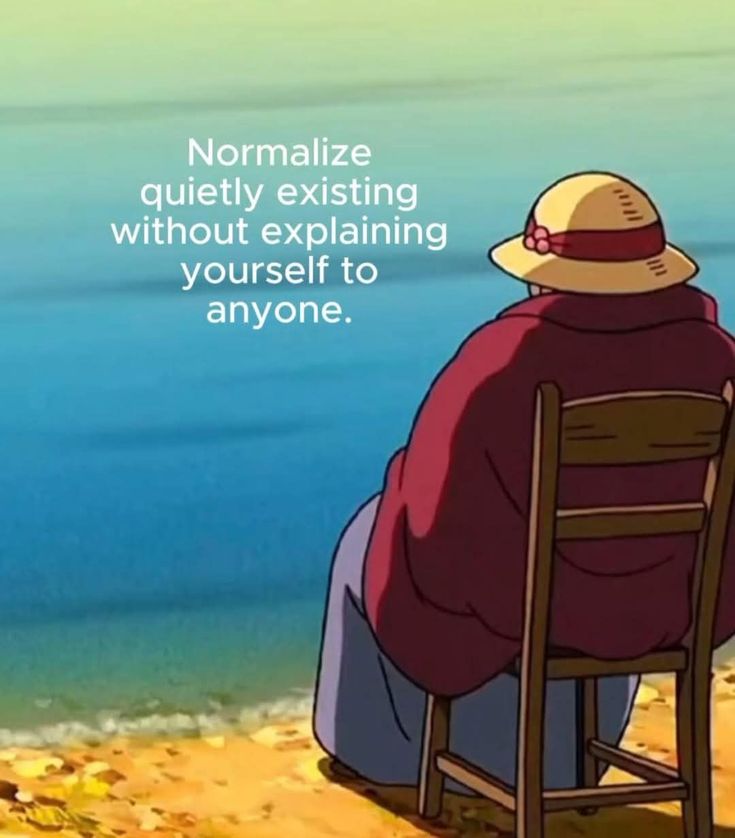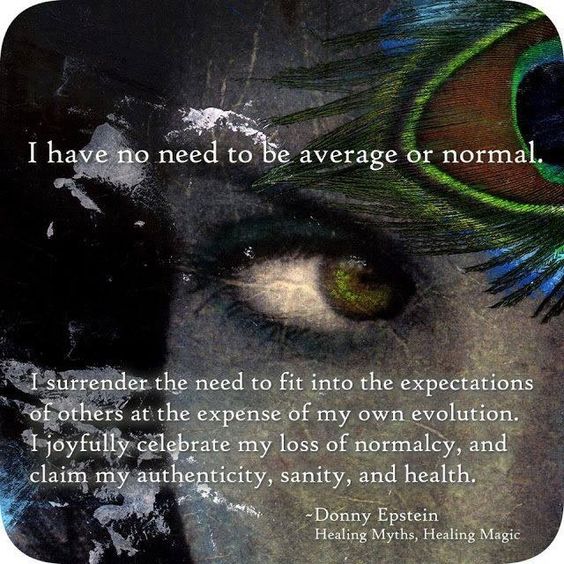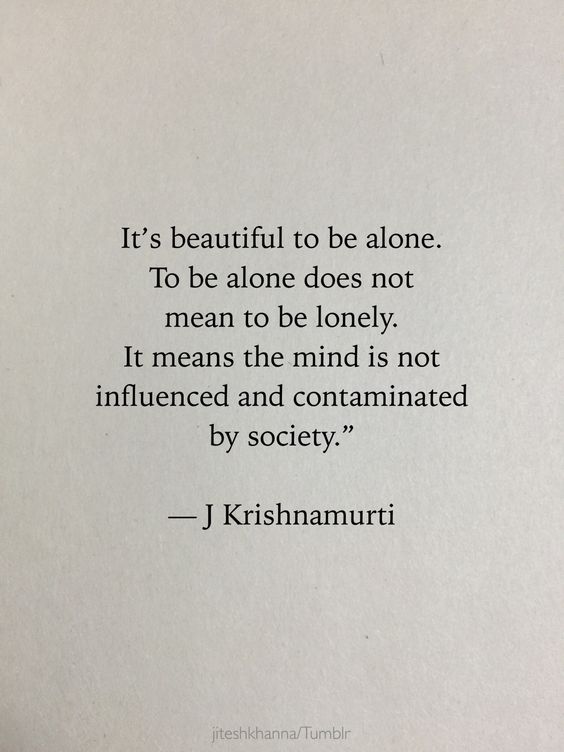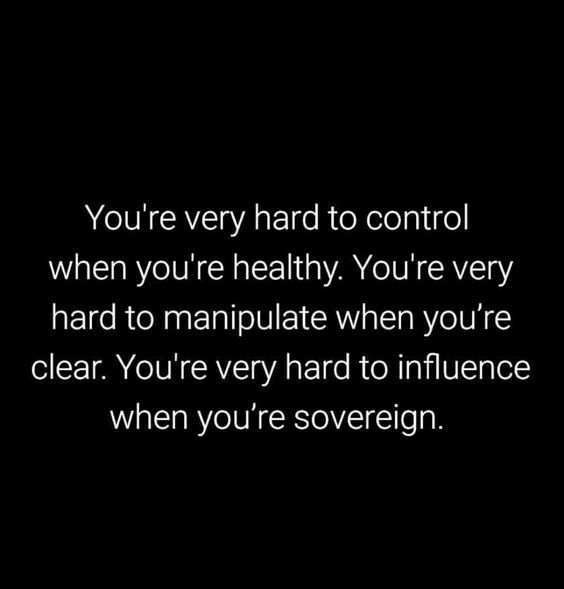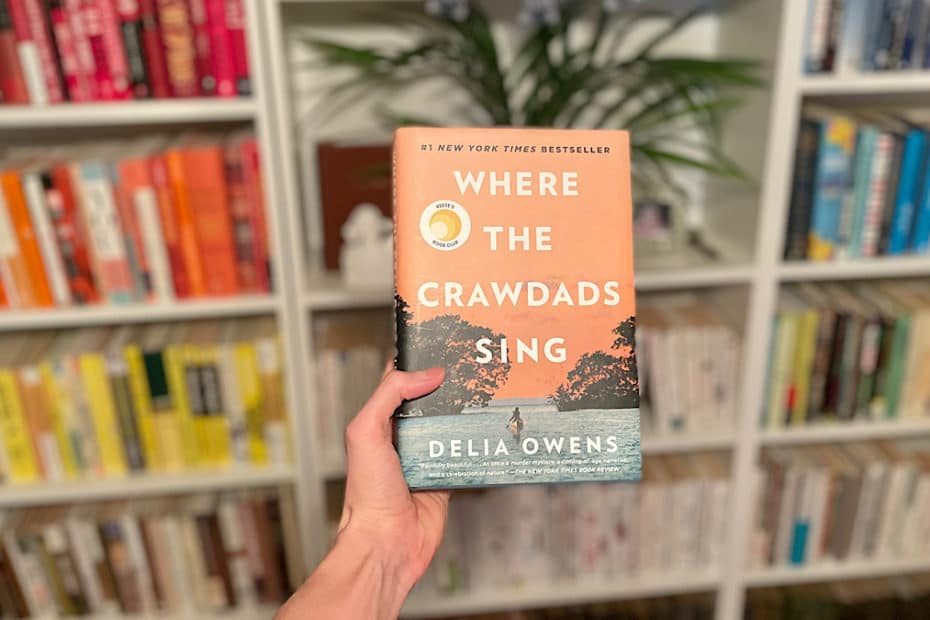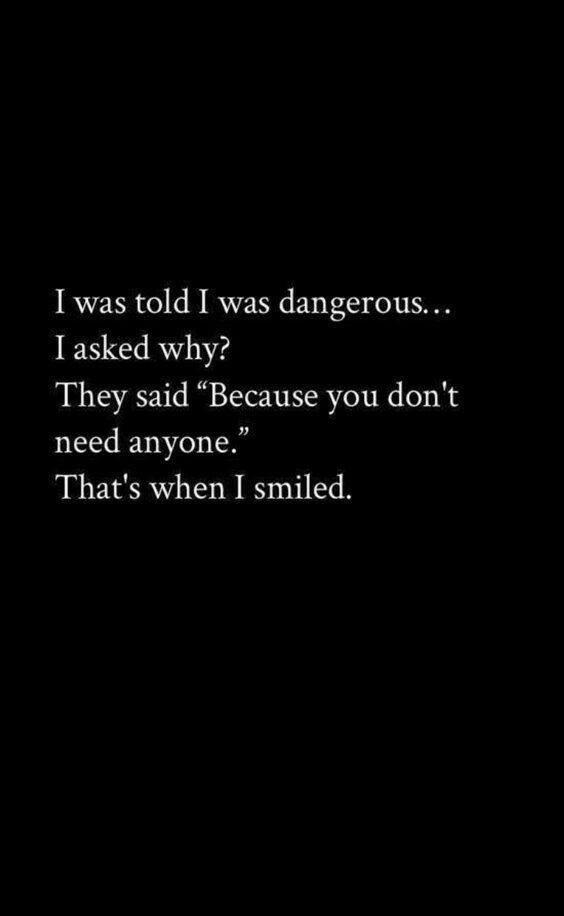“Understand: Most of the people doing important work are people you’ve never heard of—they want it that way. Most happy people don’t need you to know how happy they are—they aren’t thinking about you at all. Everyone is going through something, but some people choose not to vomit their issues on everyone else. The strongest people are self-contained. They keep themselves in check. They keep their business where it belongs… their business.”
Ryan Holiday, Discipline Is Destiny (Page 207)
“The psychotherapy patient will have to learn to fend for himself, to become a lonely wayfarer whose whole life becomes one long, transforming pilgrimage. Being in treatment may show him the way he is to journey, but it will be up to him to reclaim his salvation continually by remaining on the march for the rest of his life.”
Sheldon B. Kopp, If You Meet Buddha On The Road, Kill Him! (Page 130)
“If we looked at ourselves closely and honestly, we would have to admit that the moment we enter our workspace or any group, we undergo a change. We easily slip into more primitive modes of thinking and behaving, without realizing it. Around others, we naturally tend to feel insecure as to what they think of us. We feel pressure to fit in, and to do so, we begin to shape our thoughts and beliefs to the group orthodoxies […] To resist this downward pull that groups inevitably exert on us, we must conduct a kind of experiment in human nature with a simple goal in mind—to develop the ability to detach ourselves from the group and create some mental space for true independent thinking.”
Robert Greene, The Daily Laws (Page 364)
“Scoff at the need for attention and approval—they will lead you astray. Feel some anger and resentment at the parental forces that want to foist upon you an alien vocation. It is a healthy part of your development to follow a path independent of your parents and to establish your own identity. Let your sense of rebellion fill you with energy and purpose.”
Robert Greene, The Daily Laws (Page 26)
13 Rousing Delia Owens Quotes from Where The Crawdads Sing on Abandonment, Love, and Self-Reliance
Excerpt: Featuring some powerful themes on abandonment, love, and self-reliance—these quotes from Where The Crawdads Sing will strike a cord.
Read More »13 Rousing Delia Owens Quotes from Where The Crawdads Sing on Abandonment, Love, and Self-Reliance
“Stability for me has always been in someone’s arms, no matter how fleeting the time there. Whenever I am feeling lost or stuck, it’s been my pattern to end whatever relationship I am in and immediately find my compass in a new man. This has always been a convenient way to avoid figuring out what I want for myself or working on the problems at hand. It’s easier to fixate on a new love interest than to face what’s really at stake.”
Suleika Jaouad, Between Two Kingdoms (Page 298)
“My mother was very strong about my doing well in school and living up to my potential. Two things were important to her and she repeated them endlessly. One was to ‘be a lady,’ and that meant conduct yourself civilly, don’t let emotions like anger or envy get in your way. And the other was to be independent, which was an unusual message for mothers of that time to be giving their daughters.”
Ruth Bader Ginsburg, My Own Words
“Once you have grown into independent adulthood, you no longer need somebody to take care of you. You can be responsible for yourself. In particular, you realize that you are responsible for your own happiness. Nobody can live your life for you. You must create your own health, success, and happiness. This sense of self-responsibility is only a partial maturity, however. Beyond self-responsibility lies the responsibility to give your gift. It is important to grow beyond dependence on your intimate partner for your own happiness. But it’s equally important to grow beyond simple independence and autonomy. The next stage of intimacy after personal independence has been attained is the mutual flow of gifting, or serving each other in love.” ~ David Deida, The Way of the Superior Man
